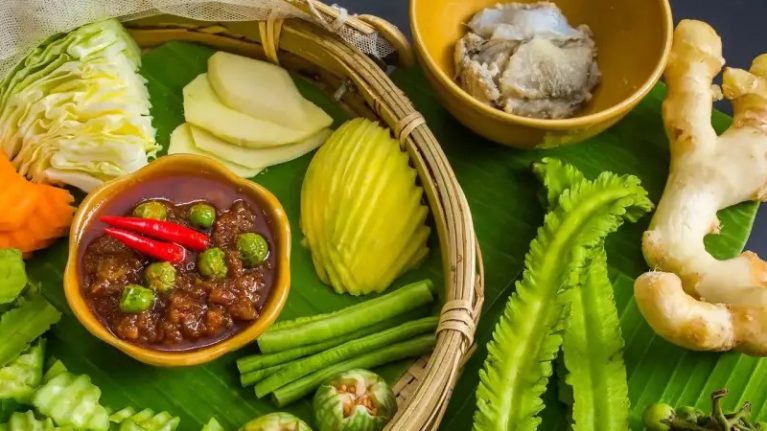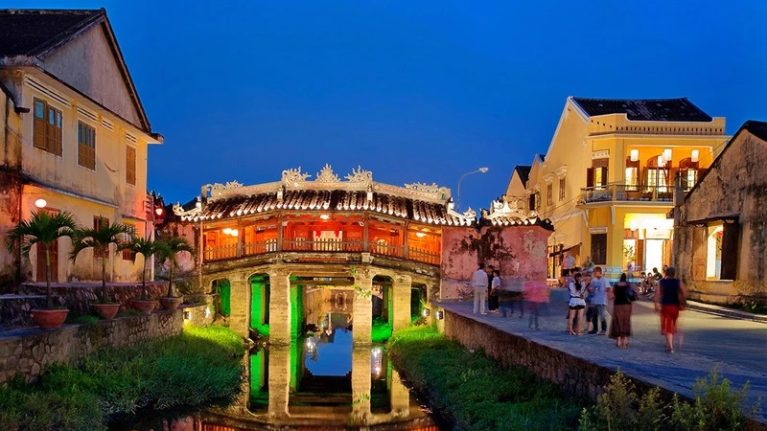If you are going to travel to Vietnam, this article is for you. You should not miss this, because you don’t want to miss 8 useful tips for travelling Vietnam. Let’s get started with ICA Travel Group!
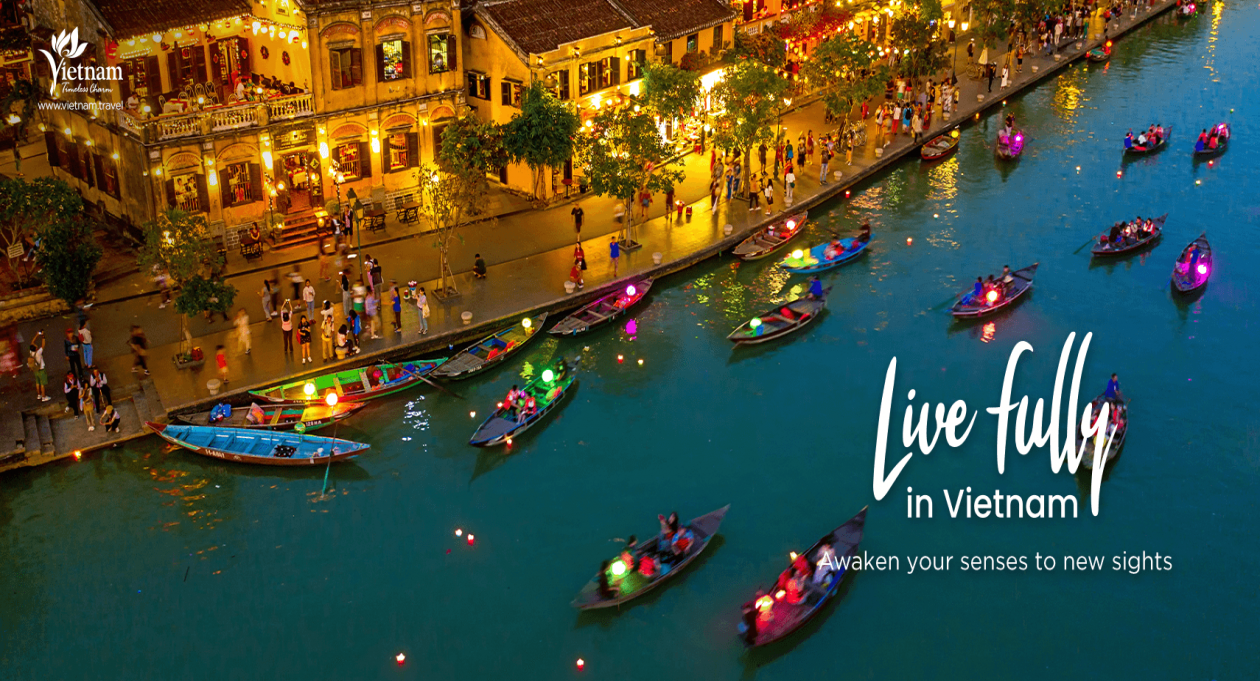
Tip for travelling Vietnam 01: Visa checking

The crucial step for traveling to any country, not only Vietnam, is checking your visa. Although the Vietnamese government has some encouragement for foreign tourists to explore Vietnam, most nationalities are required to obtain a visa prior to entering Vietnam. A few exceptions for European passport holders are the UK, France, and Germany. However, for the majority of travelers, it is highly likely that you will need to apply for a visa in advance. While some countries offer the option of applying for a visa online, you will need to apply for a visa in person at the Vietnamese embassy. Although it may involve some effort, the rewards are certainly worth it when considering that you will travel to Vietnam, one of the most stunning destinations in Asia!
Tip for travelling Vietnam 02: Seasons choosing

Vietnam, a vast country stretching over 1600 km from north to south, requires careful consideration of the best time to visit. While weather may not be your primary concern, it plays a significant role in ensuring a perfect vacation. Vietnam has a tropical monsoon climate characterized by high humidity, and its weather can be unpredictable, ranging from typhoons to frequent downpours to intense heat. Additionally, temperatures can vary greatly depending on the specific location and time of your visit. However, if you aim to experience a variety of attractions, the ideal periods to visit Vietnam are either spring (March-April) or autumn (September-December). During these months, you can expect pleasant temperatures across most parts of the country.
Tip for travelling Vietnam 03: Key phrases using
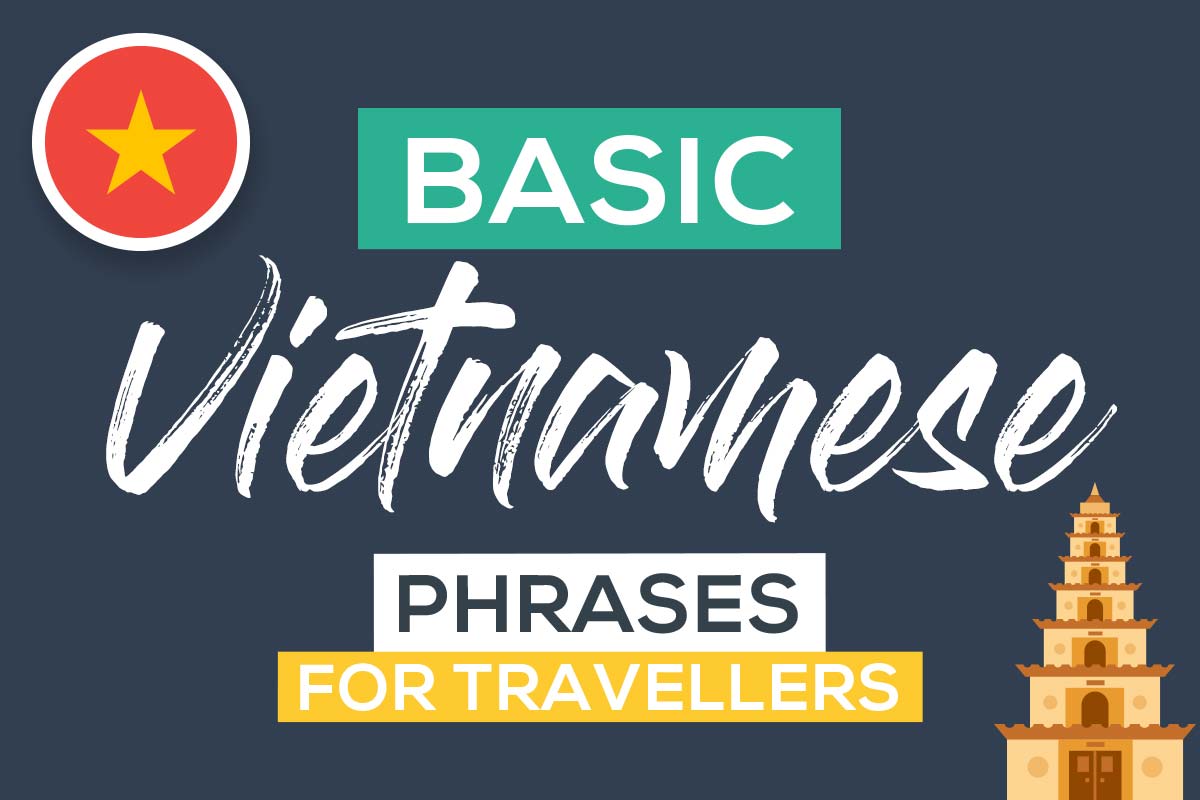
In Vietnam, people primarily speak Vietnamese. English can be spoken commonly in popular tourist destinations. While you probably won’t encounter significant language barriers in larger cities, it’s advisable to learn some essential phrases. Knowing these basics will enhance your travel experience and might even impress the locals. Here are a few key expressions to make your trip more enjoyable:
Hello – Xin chào
Goodbye – Tạm biệt
Thank you – Cám ơn
Sorry – Xin Loi
Please – Làm ơn
Yes– Dạ
No – Không
How much is it? – Cái này giá bao nhiêu?
Please help me – Làm ơn giúp tôi
Where is the bathroom? – Nhà vệ sinh ở đâu?
Tip for travelling Vietnam 04: Camera’s on

Not only Vietnam but also another country is incredibly picturesque, offering a multitude of breathtaking sights. It would a big pity if you can’t capture the beautiful landscape and moment. Whether you’re strolling through Hanoi’s Old Quarter or exploring the enchanting landscapes of Dalat, you’ll encounter one stunning view after another. When engaging in street photography, it is crucial to be respectful and seek permission before capturing someone’s portrait. This applies particularly to rural areas, where cultural sensitivity and consent are of utmost importance.
Tip for travelling Vietnam 05: Be open
Due to Vietnam’s extensive exposure to foreign visitors, the local residents may not exhibit the same level of overt curiosity as those in Cambodia, Myanmar, or Laos. Additionally, despite learning English in school, many Vietnamese people lack confidence in spoken English. As a result, they may overlook lost-looking foreigners unless assistance is explicitly requested. Nevertheless, the rest assured that Vietnamese individuals are genuinely friendly. By approaching someone with a smile and speaking slowly and clearly in English, you are likely to receive a helpful response and a reciprocated smile. Basic phrases such as “xin chào” (pronounced ‘seen chow’) meaning ‘hello’ and “cám ơn” (pronounced ‘kaam uhn’) meaning ‘thank you’ can go a long way in establishing positive interactions.
Tip for travelling Vietnam 06: Get connected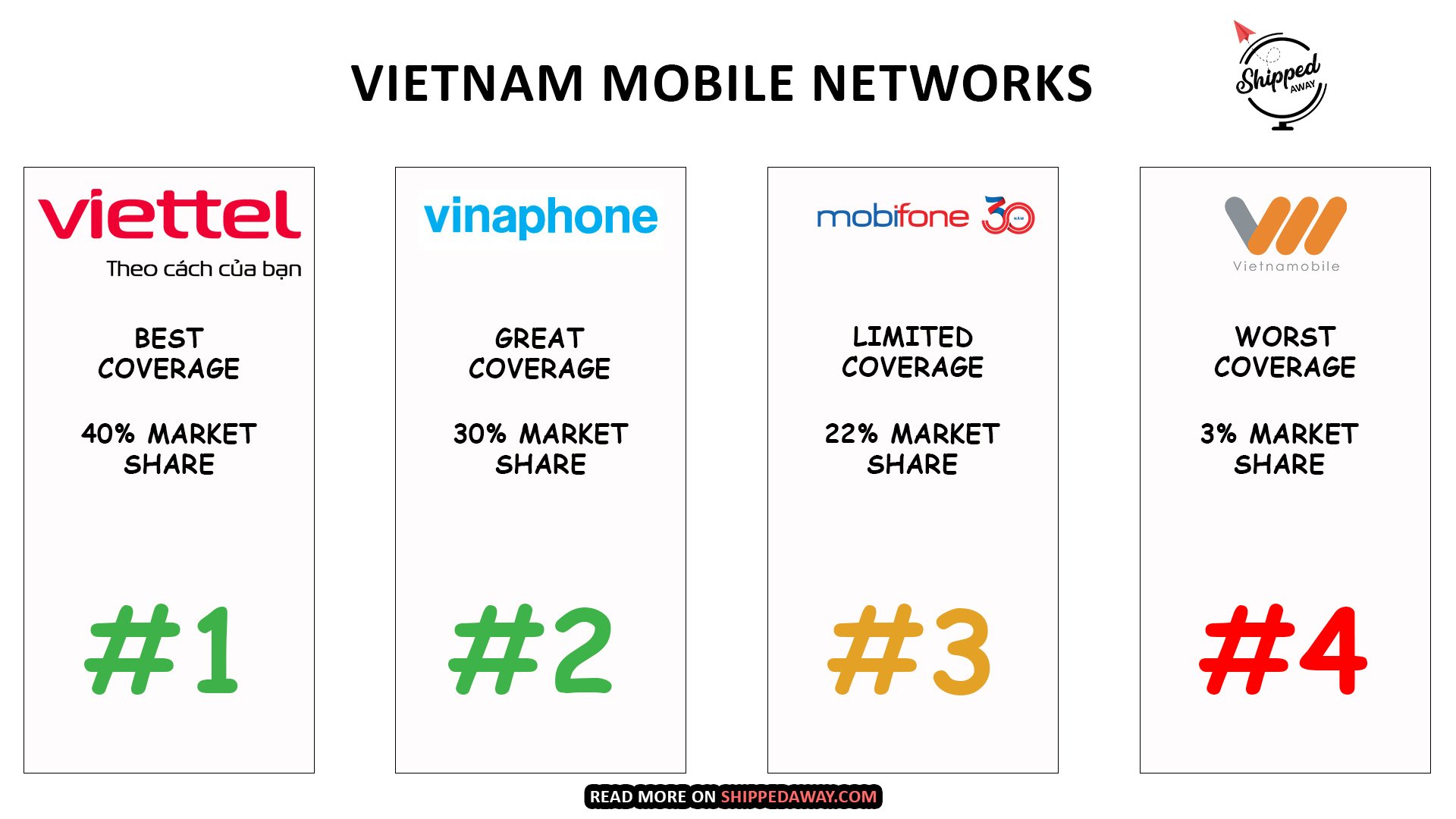
While Wi-Fi is available in most hotels, cafes, and restaurants, it’s convenient to purchase a SIM card to stay connected. Vietnamese street names are notoriously lengthy, making digital maps more practical than traditional paper ones for many travelers. Having a local phone number can also be advantageous for meeting tour guides and making last-minute bookings. SIM cards are readily available in small local shops and can be easily recharged. However, registering for internet services can be quite complicated, so it’s advisable to ask the shopkeeper or your hotel for assistance. This tips for travelling Vietnam is considered as crucial and inevitable!
Tip for travelling Vietnam 07: Using Grab 
When it comes to transportation, it is recommended to rely on Grab instead of traditional taxis. Grab is a popular ride-hailing service similar to Uber in Southeast Asia. By downloading the app, you can easily find a driver whenever you require a ride. It’s worth noting that using Grab may take slightly longer to arrive compared to hailing a taxi, and there is a possibility of occasional ride cancellations. However, using Grab is much more convenient than negotiating taxi fares in advance, and it is generally more cost-effective as well.
Tip for travelling Vietnam 07: It’s not Conservative as You think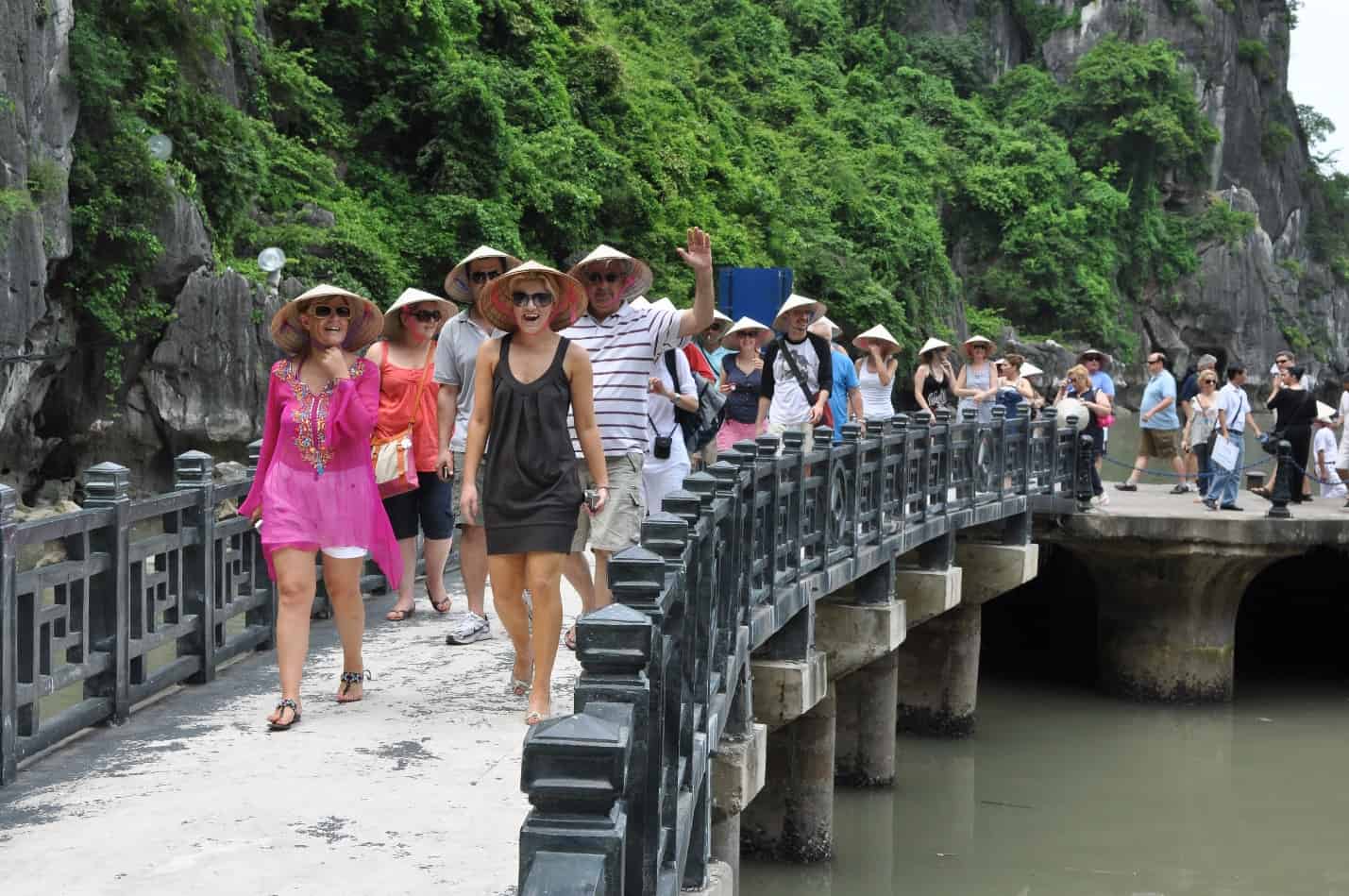
Before my trip to Vietnam, I believed that I would need to dress extremely conservatively. However, I discovered that while some individuals choose to cover their shoulders and knees in hot weather, younger locals reveal more. Additionally, when visiting temples in Vietnam, the dress code is generally more relaxed compared to neighboring countries. Although there may be signs requesting visitors to cover up, these rules are often not enforced strictly. Therefore, while you may feel slightly uncomfortable wearing revealing clothing, don’t hesitate to pack conservative clothings for your vacation in Vietnam.
Tip for travelling Vietnam 08: It’s not Communist as You think
Vietnam stands as one of the remaining five communist countries in the world today. However, as a tourist going about your day, you will not come across significant indications of communism. The majority of businesses in Vietnam are privately owned, and a strong sense of capitalism permeates the country.
Ho Chi Minh City, a vibrant metropolis, showcases towering buildings and even boasts its own stock exchange. A new generation of young Vietnamese entrepreneurs is actively involved in innovative startups across various industries, including technology and beer.
Ho Chi Minh President is held in high regard as Vietnam’s liberator by both the French and the Americans. Nevertheless, the country appears to be swiftly and decisively shifting toward a capitalist direction.
For reference, the other four communist countries are China, Cuba, Laos, and North Korea.
These are the most useful tips for travelling Vietnam ICA Travel Group would recommend you to prepare for your best experience. For detailed information, don’t hesitate, just contact us and ICA will assist you on this wonderful journey.




